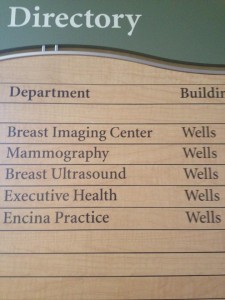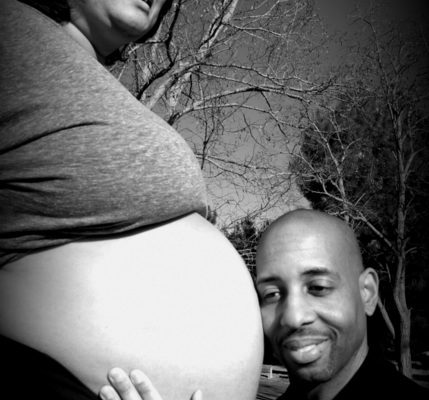Thought I would share a topic that I know quite a lot about- Fibroids. I have been plagued with them for years and had an Abdominal Myomectomy a few years back, the surgeon removed 5 fibroids from my uterus…the largest was the size of an orange! Please share this info with other women you know. Thanks!
 Fibroids removed during surgery.
Fibroids removed during surgery.
It’s not a subject women like to talk about, but it’s one that all women need to be made aware of. Heavy periods are not normal. When “Aunt Flo” comes for a visit and doesn’t know when to go home, something’s not right! If you have to change your pads every two hours or less, or if you have bought stock in Kotex or Tampax, you should make an appointment to be seen by your gynecologist. You may have fibroids and not even know it.
Fibroids are lumps or benign tumors that grow in your uterus. You can have fibroids on the inside, outside or in the wall of your uterus. They can vary in size from as small as a pea to as large as a grapefruit! Yikes!
Fibroids tend to affect women who are in their 30’s and 40’s. Many women with fibroids do not have any symptoms. If you are one of those women, consider yourself very lucky. Fibroid symptoms are not for the squeamish!
Symptoms can range from:
· Heavy gushing periods with clots and cramping
· Pain and tenderness in your lower abdomen, or a feeling of fullness
· Low back pain
· Frequent urination or the urge to urinate
· Pain during sex
There is no known cause of fibroids, though many doctors think hormones have a lot to do with it. Fibroids can make your monthly period unbearable. Women with fibroids have to change their tampons and pads frequently and this can affect their daily activities. The pain associated with fibroids also makes “that time of the month” even more dreadful. If you suffer from fibroids, you may also be anemic, as many sufferers tend to have low iron levels due to the heavy bleeding.
Fibroids can make it difficult for some women to conceive a child. Fibroids have also been associated with miscarriages.
If you think you might be suffering from fibroids, make an appointment with your gynecologist. Your doctor will give you a pelvic exam to measure the size of your uterus; if you have fibroids your uterus will be enlarged. A “normal” uterus is usually the size of a pear. Your gynecologist will most likely schedule you for a sonogram. if you have never experienced a sonogram before, you are in for a treat! Be prepared to drink large amounts of water prior to the sonogram, this is necessary in order to get a clear view of your uterus. Yes, you will feel like you are going to burst, it’s okay, you will be allowed to use the bathroom as soon as the sonogram has been completed! If you have fibroids, they will show up on the sonogram.
Once you know for sure whether or not you have fibroids, you can decide what steps to take next. If you do have fibroids, there are several options available to you. If you are nearing the age of menopause and your symptoms are bearable-you may decide to do nothing and just let nature take its course. Most doctors agree fibroids and their symptoms subside and sometimes disappear altogether once a women enters menopause.
If your symptoms are more severe and you are tired of dealing with them on a monthly basis, your doctor may suggest starting you on birth control pills. These tend to help control your cycle and lessen the duration and amount of bleeding.
If the pills do not work for you, you can opt to have your fibroids removed via surgery. Your surgeon will perform an abdominal myomectomy. This is where they go in and cut out the fibroids. You will have an incision similar to a C-section and require 4-6 wks. to recuperate. The fibroids that have been removed will not grow back, but there is no guarantee you will not get others.
If you do not plan on having children or have decided not to have any more, you may choose uterine fibroid embolization or a hysterectomy.
Whatever you choose to do, the most important thing is to know what is going on with your body. Do not ignore your symptoms, get them checked out and then make an informed decision. Your body will thank you!





